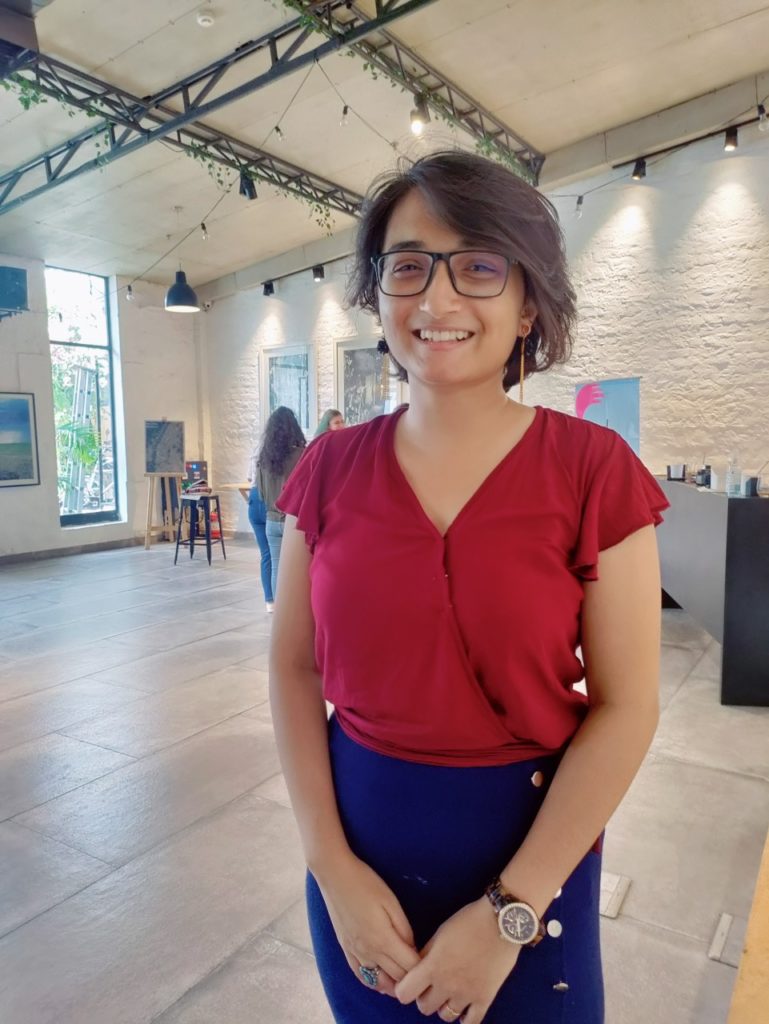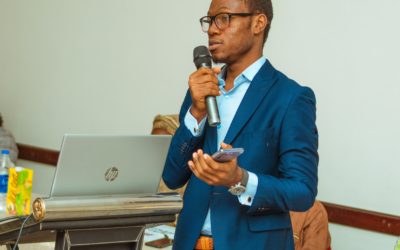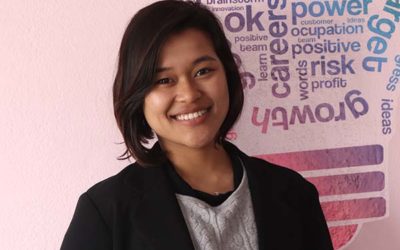To The Honorable Prime Minister of India
H.E. Mr. Narendra Modi
Subject – Request to formulate India’s National Statement of Commitment for the Transforming Education Summit
Respected Sir,
I am Srijani Datta, an undergraduate student of Sociology at Hindu College, Delhi University. I mostly grew up in the national capital, Delhi, and attended a privately owned school my entire life. There were also a few years of my schooling in Gujarat and Maharashtra so I had a bit of a flavour of education systems in other states too. While adapting to different kinds of systems, I realised that there were significant variations across states in teaching patterns, levels of difficulty, teacher training, extra curricular pursuits, and other related aspects.
However, the real challenge came about when I was accepted into one of the most prestigious colleges of our country. Though prestigious, it is a government owned, higher educational institution. This was the first time where I started noticing the overwhelming gaps in our public education system. So far, having been educated in a privately owned school where we had excellent teaching staff, infrastructural facilities, and opportunities for developing ourselves non-academically, public institutions’ gaps seemed even more shocking to me.
Shortage of staff and sub-par infrastructural facilities still seemed like smaller issues compared to the redundancy of our syllabus. There is a common saying that what we are studying today in a course was also studied by our parents in that course. After completing graduation, or post graduation, there is also this sense of despair as most students realise that they have not been equipped with skills required by the subject/industry they have pursued their education in, and therefore, they are unemployable.
My story is similar and yet contrasting to several other students in India. Similar because of the issues faced in public educational institutions. Contrasting because there are several people who have other factors impeding their educational journey such as gender, disability, language, economic constraints, geographical constraints, etc.
I was one of the researchers for a global project on youth education, livelihoods, and citizenship with Restless Development. After having conducted over 18 focus group discussions and collecting responses from over 60 participants from diverse socio-economic backgrounds, here are the three key transformations I recommend for our education system:
1. Update our courses
In that report, we found that 50% of young people felt only somewhat prepared by their education for available work opportunities. Many young Indians that I spoke to believed that the content and method of delivery of their curriculum was not integrated into the changing global environment. The areas being taught under various subjects had not been revised for the longest time. Even if at the school level it had been revised every few years, feedback from students and teachers had not been incorporated in the revision, thus rendering the revision process futile. Further, in higher education the content of many courses has not been updated in decades. This puts students at a disadvantage as higher education should inform you of industry trends, or recent schools of thought in a particular subject. It should teach us about recent developments, and integrate newer skills required for a field. Whether these skills are vocational or technological, they need to be integrated in our curriculums. Further, even at the higher education level, there has to be a focus on clarity of basic concepts, which is lacking in our curriculum. It’s directly a deep dive into high level academic readings, where students coming in from school are not provided with a lot of support to transition from school level books to reading academic research papers. Finally, updating the course curriculum needs to keep in mind the fact that in most jobs in the real world, interdisciplinary knowledge is needed. Therefore, the knowledge of allied subjects needs to be included and more options need to be provided to students to deep dive into allied subjects to build a more holistic and interdisciplinary way of thinking.
2. Integrate practical transferable skills into our curriculum along with leadership, financial management, tech skills, etc.
This brings me to my second point. 31% of young people felt that soft skills were the most important towards achieving their aspirations, followed by entrepreneurial skills (23%). Further, 28% of young people said financial literacy is what was most missing from their education, followed by entrepreneurial skills (18%). Many young Indians feel that changes in the world economy are taking place rapidly, and some form of coding or AI skills are needed in almost all sectors of the economy today. Due to the pandemic, this technological revolution has gained a lot of pace. However, our teaching staff and educational institutions have not integrated these skills into our courses yet. And the negative effect of this is felt by young people looking for jobs, who remain highly unemployable because of lack of technical skills. Teaching vocational or technical skills which are transferable from one sector to another also helps open up many job opportunities, and provides space for innovation and interdisciplinary thinking. The need for teaching technical and soft skills such as interpersonal communication, team functioning, and conflict resolution was reiterated almost in every focus group discussion and interview that I conducted.
Our report found that even today, learning relies too much on textbooks, note memorisation, and passing of exams. Young people wanted to learn things in a practical way in order to be able to experiment, discover, and apply their learnings. People have different learning styles ranging from social, verbal, auditory, kinaesthetic, logical, and others. By using a mixed method approach, the potential of different kinds of learners is unlocked. Young people wanted to learn how to conduct field research, conduct experiments, have business case competitions, projects, storytelling, and use other suitable mediums for their courses.
3. Focus on co-creation and localising
This brings me to my last point, which focuses on the need for equality in the classroom and teaching process. In the past decade, there has been growing scientific literature on the benefits of co-creation of curriculum and assessment patterns. Co-creation processes require students to be given more responsibility for sharing decision-making about learning, teaching, and assessment than is usually practised. Throughout co-creation experiences, students’ perspectives and contributions are valued, and the hierarchy between the teacher and students is reduced.
Even today, there is a lack of a feedback mechanism for teachers and curriculum. All curriculum is set by very senior teaching staff, and there is no space for reflection, consensus or involvement of students. Curriculum co-creation is widely cited in relation to positive outcomes for students including professional development and employability, as students develop an ethic of working together with teachers and start taking more responsibility for assignments, projects, and even teaching process. Curriculum co-creation can promote authentic learning and teaching through culturally and personally relevant ways. Otherwise disinterested and apathetic students have shown improved participation and marks in class due to co-creation processes as they feel heard, and their preferred learning style is incorporated.
It can significantly change the face of education. Many students also expressed a desire to learn more about the local culture, history, and environment which has been missing from our curriculum because of a top down approach where a central authority sets our curriculum. This curriculum often has regional biases, and does not give people from diverse geographies and cultures in India a sense of self or belonging to his/her immediate environment and society. In a vast and diverse country like India, one common history, geography, and environmental science cannot be taught to all people. Thus co-creation could also be facilitated in order to teach children about themselves, those surrounding them and the local environment. This can also help foster a sense of community and responsibility toward their regions.
As you might be aware, the Transforming Education Summit is scheduled to take place on 19 September 2022 in New York during the 77th UN General Assembly. I hope you take these three suggestions into account for your reports, suggestions, and commitments at the Summit. I hope to see India submitting its National Statement of Commitment for this Summit by August 2022. A transparent, multi-stakeholder process of formulating the statement would be a great way forward. This Summit comes at an important time, in a post-pandemic world where the need to rewire our education systems has been recognised. India, with its long ancient history of teaching, emerging knowledge based economy, and as a hub of innovation and entrepreneurship should also show its commitment towards transforming education. This Summit can help bring newer and better ideas, partners, knowledge and funding for our education initiatives.
Srijani Datta

Srijani Datta
Srijani is an undergraduate Sociology student at Hindu college, Delhi University. She works on the intersection of environment and social issues with a focus on youth and women. She is currently a team lead at Youth For Climate India.



